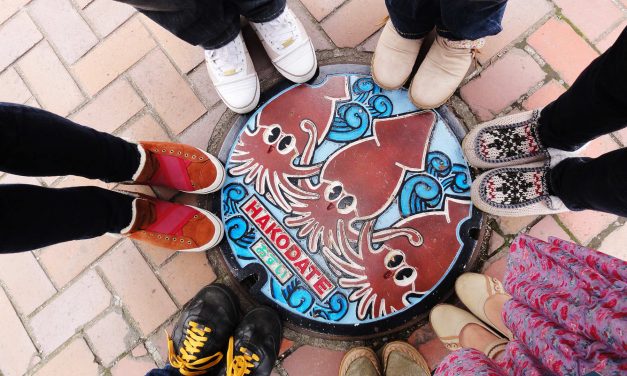Targeting Beauty: Why Russia’s brutality aimed beyond destroying lives to also obliterate Ukrainian culture
By Ian Kuijt, Professor of Anthropology, University of Notre Dame; Pavlo Shydlovskyi, Associate Professor of Archaeology, Taras Shevchenko National University of Kiev; and William Donaruma, Professor of the Practice in Filmmaking, University of Notre Dame War does not just destroy lives. It also tears at the fabric of culture. And in the case of Russia’s full-scale invasion of Ukraine, now about to enter its third year, the remarkable destruction of Ukrainian history and heritage since 2022 hasn’t been a matter of collateral damage. Rather, the Russian military has deliberately targeted museums, churches and libraries that are important to the...
Read More














